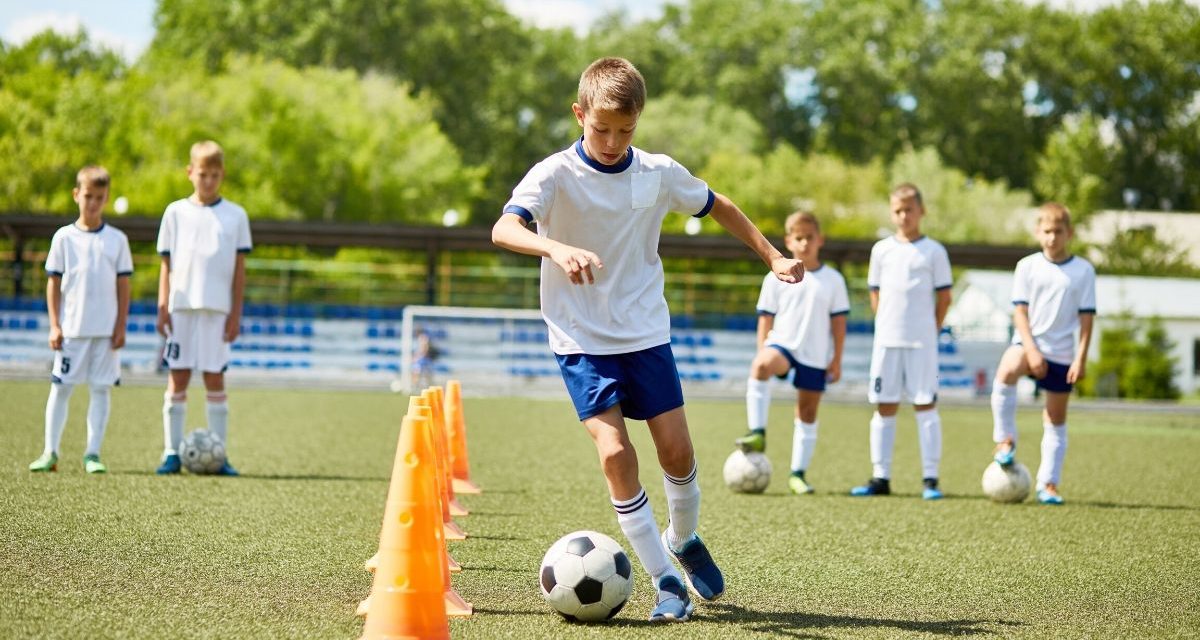As mentioned last week, most of us grew up with some variation of the phrase, ‘practice makes perfect.’ Yet, often we find this is only partially correct. Too often, it seems that extensive practice does not lead to perfection…but instead to mediocrity.
How Mediocrity Can Prosper…Even in the Face of Practice!
1. No Requirement for Real Effort
Mediocrity builds, even with effort, when there is no requirement for doing one’s best. The limited effort, which some might call laziness, does not result in significant growth or development. It produces mediocre results.
2. The World Works Harder at the Outcome than the Student/Athlete
This happens when parents, teachers, and coaches work harder at a child’s life than they do. When parents put more effort into the math than the child, mediocrity happens. When a coach repeatedly tries harder at teaching a lesson than the athletes, mediocrity happens.
Or course it’s okay for this to happen now and then, but if it’s habitual, then excellence will be beyond the student or athlete’s reach. (For more on these first two points, please review the article from last week.)
3. Practice Not Focused Intensely on Improving Weaknesses
Recent research suggests that those who excel in almost any area do not necessarily practice more than others. They don’t practice less either.
Instead, their secret: Intense practice on improving their weaknesses.
In fact, they not only focus on continually evolving through their weaknesses, but they are also enthusiastic about the growth and improvement of those areas of weakness.
This seems like such a simple idea, yet many ignore this. Most practice familiar patterns and exercises and tend to avoid the regular and consistent intense effort directed toward weaknesses.
Most enjoy engaging in practice with what they find more pleasing, and that usually involves exercise they enjoy and find more easeful. This will lead to growth, but again, this tends to be more mediocre growth. The secret here is to include daily practice that should feel difficult and not immediately rewarding, as the focus is on a weakness. Simultaneously, it is learning to see and appreciate the growth that happens, even in very small increments, and falling in love with that experience of progress.
4. Not Seeking or Accepting Skilled Input and Coaching
Another key to excellence is the need for skilled input. The trained eye of the expert can rapidly increase one’s ability, whether in the classroom, the orchestra, or the gym.
While occasionally there are exceptions, most high-performing students and athletes continue to grow into excellence with some level of good coaching and precise input. With that input, comes focused attention to the right areas needed to evolve, which doesn’t necessarily happen when you are trying to coach yourself beyond those mediocre results.
5. Not recognizing the Role of Emotional States
When I watch many kids practice, their bodies reveal a mixture of uncertainty, hesitancy and perhaps disinterest. This emotional state, however, we might describe it, is a major player in how effective practice becomes.
It is virtually impossible to excel in practice if our emotional state is one preventing full engagement. Practice that is simply routine, flat, and filled with hesitancy or doubt will create mediocre results.
The challenge here is learning to teach young students and athletes how to ‘feel good’ when practicing. If the experience is filled with shaking heads, looks of disappointment, judgment, and criticism from early on…no wonder we can’t generate positive emotional states during practice.
We want the ‘best effort’ moment to feel great inside. That’s the real secret.
Is It Really All About Being the Best?
No. It’s about teaching kids the value of doing your best.
It’s unreasonable to push for being the best for everyone, as that will not happen. This is a formula for stress and misery.
However, there is something magical about surrendering your full energies to any endeavor. The feeling of giving your best effort to that ‘thing’ and then watching as we evolve and grow. That is the goal.
Not everyone can be the star. But everyone can learn to get the most from their practice and feel extraordinary about doing their best.
And if your children are practicing, they are investing their life into that moment. Why not get the best from that investment? If we pay attention to these mistakes above, we can then nurture better practices for homework, for sports, or for the arts.














